What is hemp oil?
Hemp seeds are known for their beneficial properties for health and overall well-being and consist of protein, carbohydrates and fiber. The benefit of hemp oil is related to its ratio of two essential polyunsaturated fatty acids: linoleic (LA) and alpha-linolenic acid (LNA) in a ratio of 3:1. These polyunsaturated fatty acids are especially good for the heart.
Can hemp oil be good for the skin?
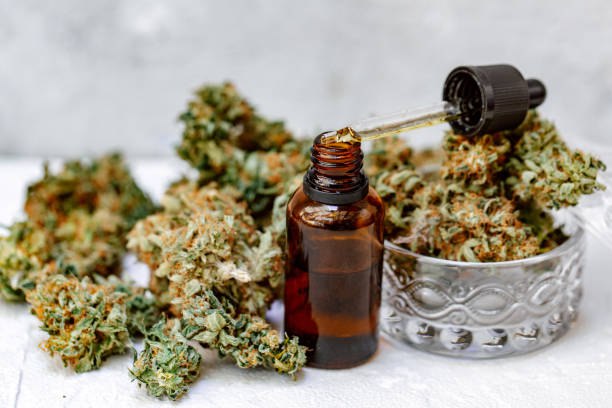
Due to the composition of hemp oil and the addition of gamma-linolenic acid (GLA) to the formulas, the oil is included in body butters and lipid-enriched creams designed to penetrate the skin. The oil provides good skin hydration.
In addition, the oil has been found to be beneficial in the treatment of specific skin conditions such as eczema, dermatitis, psoriasis and rosacea. The positive results are likely due to the GLA component in hemp oil. In addition to moisturizing, the oil is also used to relieve discomfort associated with itchy skin. Other benefits may include strengthening the skin, which increases its ability to resist viruses, fungi, and bacterial infections.
Hemp oil as a source of healthy fats
Healthy fats are those that contain polyunsaturated and monounsaturated fats. Due to the high content of GLA in hemp oil, its regular consumption may be beneficial for those who do not consume fish or eggs to reach the recommended daily amount of healthy fats. Studies have shown that a diet rich in healthy fats can improve insulin sensitivity and stabilize heart rhythm.
Anticancer properties of hemp oil
Cannabinoids (CBD) are used to treat symptoms in cancer patients and are present in small amounts in hemp oil. One study found that cannabinoid extracts inhibited the growth of lung adenocarcinoma cells. Other tests have demonstrated antiproliferative, proinflammatory, and antiangiogenic effects of CBD on breast, prostate, and skin tumors. However, it is important to note that other studies have shown that cannabinoids can also stimulate tumor growth.
Weight adjustment
Hemp oil is believed to be high in dietary fiber, the edible part of the plant that is not digested or absorbed by the small intestine. Studies have shown that frequent fiber intake is associated with improved weight control.
Can Hemp Oil Help Lower Cholesterol?
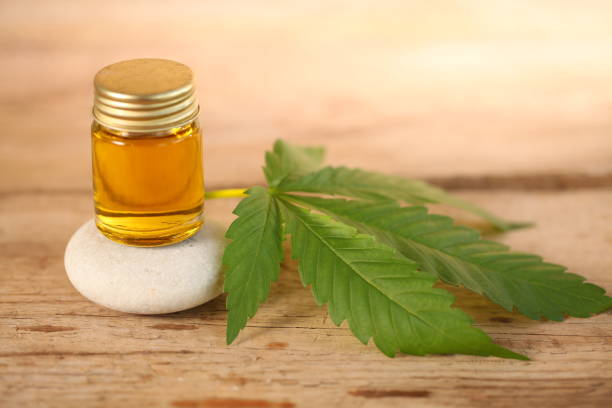
One area that has been studied is the use of hemp oil to treat cardiovascular disease through the balance of omega-3 and omega-6 fatty acids. Like other unsaturated vegetable oils (such as canola and soybean), hemp oil appears to be effective in lowering cholesterol due to the presence of β-sitosterols.
Is hemp oil safe?
When used externally, some people may experience slight irritation from hemp oil. Therefore, it is recommended that people who wish to use hemp oil on their skin test the oil on a small area of skin first (patch test).
Oral consumption of hemp oil can lead to the development of digestive problems due to its high fat content. To avoid this side effect, only small amounts should be consumed. Studies have also shown that the oil can interact with blood thinners. Therefore, it is important to seek medical advice before using hemp oil to ensure there are no contraindications or potential risks of drug interactions.
There are many potential benefits of hemp oil for external treatment of skin conditions and lowering cholesterol. However, more research is needed on its effects on tumor growth and its interactions with commonly used medications.
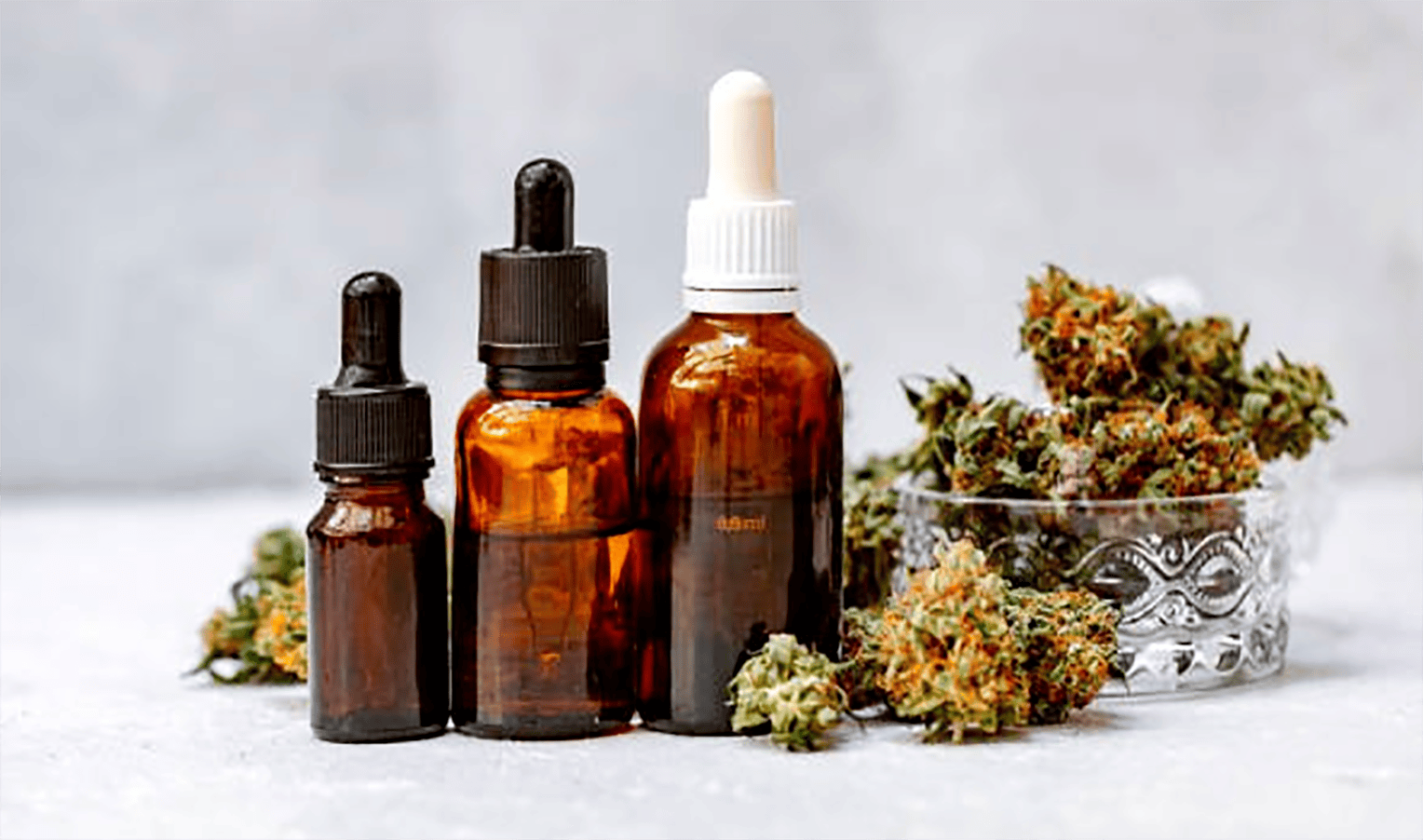
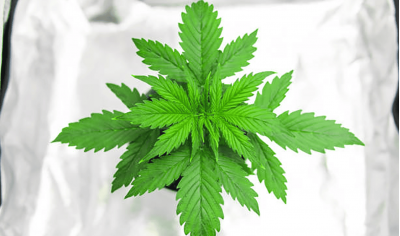
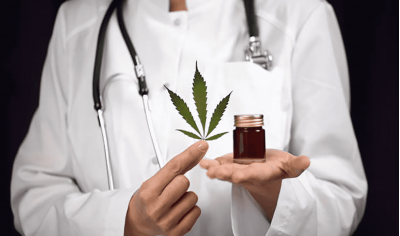
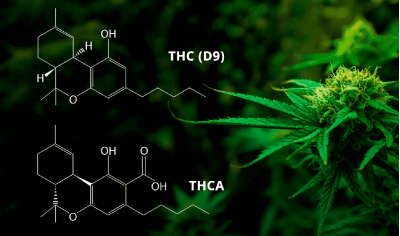
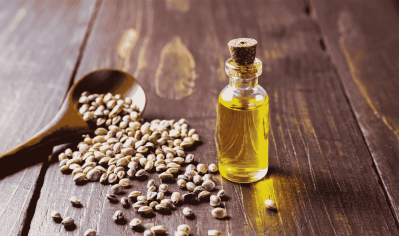
Write a comment